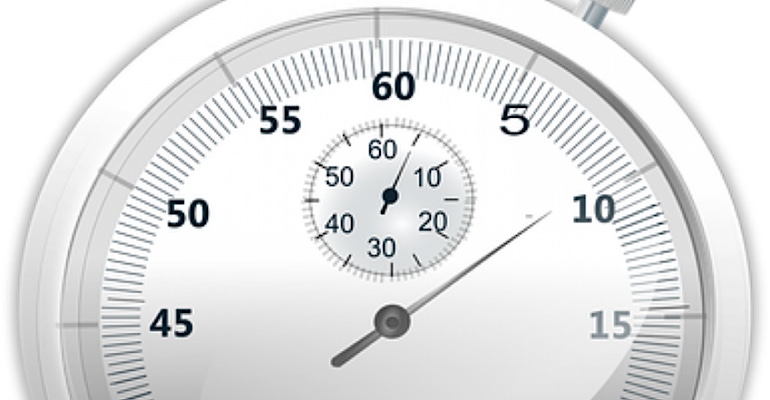Medtech in a Minute: NeuroMetrix Refunds, Big IPO News, and More
Pressed for time? Here's the medtech news you need most, in one minute or less.
September 11, 2020

FTC to Send Out Refunds to Some Users of NeuroMetrix's Quell
Users of NeuroMetrix’s Quell wearable pain-relief device could be eligible for payments from the Federal Trade Commission (FTC) by check or through PayPal. FTC recently announced it was refunding almost $3.9 million to purchasers of the Waltham, MA-based company’s device that was designed to treat chronic pain throughout the body when placed below-the-knee. In a release, FTC said NeuroMetrix and its CEO, Shai Gozani, sold Quell to consumers, touting it as “clinically proven” and “FDA cleared” for widespread chronic pain relief. However, the agency said the defendants lack scientific evidence to support widespread chronic pain-relief claims, and their claims about clinical proof and the scope of FDA clearance for this use are false.
Liquid biopsy specialist Grail is set to go public four years after it was spun out from Illumina. The Menlo Park, CA-based company is developing early cancer detection tests and has set a placeholder amount of $100 million for its IPO. The company is known for its exorbitant financings and has thus far brought in about $1.9 billion in venture capital funding.
Chembio Gives COVID-19 Antibody Testing Another Go
Nobody can accuse Chembio Diagnostics of giving up too easily. FDA revoked the emergency use authorization (EUA) for Chembio Diagnostics' first antibody test. Now the company seeks an EUA for a new rapid COVID-19 antibody testing system. The company said new performance criteria from FDA regarding COVID-19 antibody testing provided clarity and direction for its development objectives.
And in case you missed last week's Medtech in a Minute article:
HHS Nixes Phillips' Ventilator Contract
The Department of Health and Human Services (HHS) recently canceled the remainder of a contract with Royal Philips for ventilators. Philips said the agreement was signed in April and called for the company to deliver 43,000 EV300 ventilators to HHS through December 2020. Philips supplied a total of 12,300 bundled ventilator configurations supplied to the Strategic National Stockpile by the end of August, in line with the contract. As directed by HHS, Philips will not supply the remaining 30,700 EV300 ventilators to the Strategic National Stockpile.
NHS Panel Says More Data Is Needed on Convalescent Plasma
According to a National Institutes of Health (NIH) panel, there is not enough data to determine if convalescent plasma is an effective treatment for COVID-19 patients. The COVID-19 Treatment Guidelines Panel said it reviewed the available evidence from published and unpublished data on convalescent plasma, including FDA’s analyses that supported emergency use authorization (EUA) for the therapy. The panel said convalescent plasma shouldn’t be considered standard of care for the treatment of patients with COVID-19 and that more trials are needed to determine whether the therapy is effective. The theory behind convalescent plasma is that people who have been afflicted with COVID-19 and have recovered will have antibodies in the blood that helped fight off the infection. The thought is that if people who are sick with the virus are given this plasma they could recover. FDA gave convalescent plasma an EUA for COVID-19 patients late last month based on clinical results from a Mayo Clinic study.
Abbott Makes Another Go at Resorbable Stents
Abbott is launching a new clinical trial to evaluate the Esprit below-the-knee drug-eluting resorbable scaffold. The company said this is the first U.S. trial to evaluate a fully resorbable device to treat blocked arteries below the knees, or critical limb ischemia, in people battling advanced stages of peripheral artery disease. Once fully enrolled the trial will see about 225 patients at centers around the world. The Espirit BTK System is designed to provide support to an artery immediately after a balloon angioplasty, preventing the vessel from reclosing. Once implanted, the scaffold delivers a drug over a few months that promotes healing and keeps the artery open. The scaffold is then naturally resorbed into the body over time, like dissolving sutures, and ultimately leaves only a healed artery behind. This isn’t Abbott’s first rodeo with resorbable stents - remember Absorb? In 2017, the company stopped selling its first generation of the Absorb stent, citing weak sales and mixed clinical data.
About the Author(s)
You May Also Like




